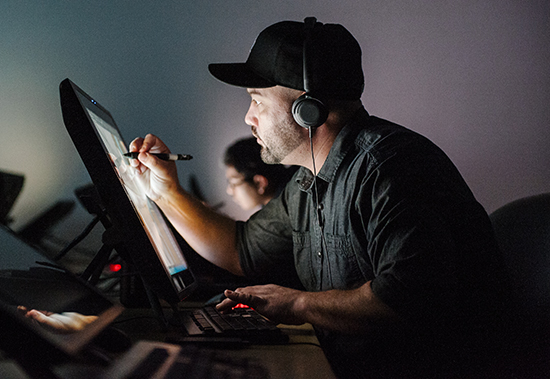1. Creative Concept Development
At the heart of game design is the creative concept. Highlight your process for brainstorming and developing unique game ideas that resonate with players. Explain how you blend storytelling, gameplay mechanics, and visual elements to create engaging experiences. Showcasing past projects can illustrate your creativity and ability to bring concepts to life.
2. User-Centered Gameplay Mechanics
Emphasize the importance of user-centered gameplay mechanics in your designs. Describe how you focus on player experience, ensuring that the controls, objectives, and challenges are intuitive and rewarding. Highlighting playtesting and feedback loops can demonstrate your commitment to refining mechanics that enhance engagement and enjoyment.
3. Visual and Audio Design
Visual and audio elements significantly contribute to a game’s atmosphere. Discuss your approach to art direction, character design, and sound design, ensuring that every aspect complements the gameplay. By showcasing your portfolio with examples of stunning graphics and immersive audio, you can attract clients looking for high-quality production values.
4. Level Design and World Building
World-building and level design are critical components of an engaging game. Explain your methodology for creating immersive environments that encourage exploration and strategic thinking. Highlight how you balance challenge and reward, ensuring that players feel a sense of progression and accomplishment as they navigate your worlds.
5. Cross-Platform Development
With players accessing games on various devices, cross-platform development is essential. Emphasize your expertise in creating games that perform well on multiple platforms, including consoles, PCs, and mobile devices. Discuss the tools and technologies you use to ensure a seamless experience across different environments.
6. Community Engagement and Feedback
Building a community around a game can enhance its longevity and success. Describe how you engage with players through beta testing, forums, and social media. Highlighting your commitment to listening to player feedback can illustrate your dedication to continuous improvement and fostering a loyal player base.
7. Post-Launch Support and Updates
Game development doesn’t stop at launch; ongoing support and updates are vital for player retention. Emphasize your approach to providing post-launch content, bug fixes, and balance updates. This commitment ensures that players remain engaged with the game and that it evolves based on their preferences and feedback.


